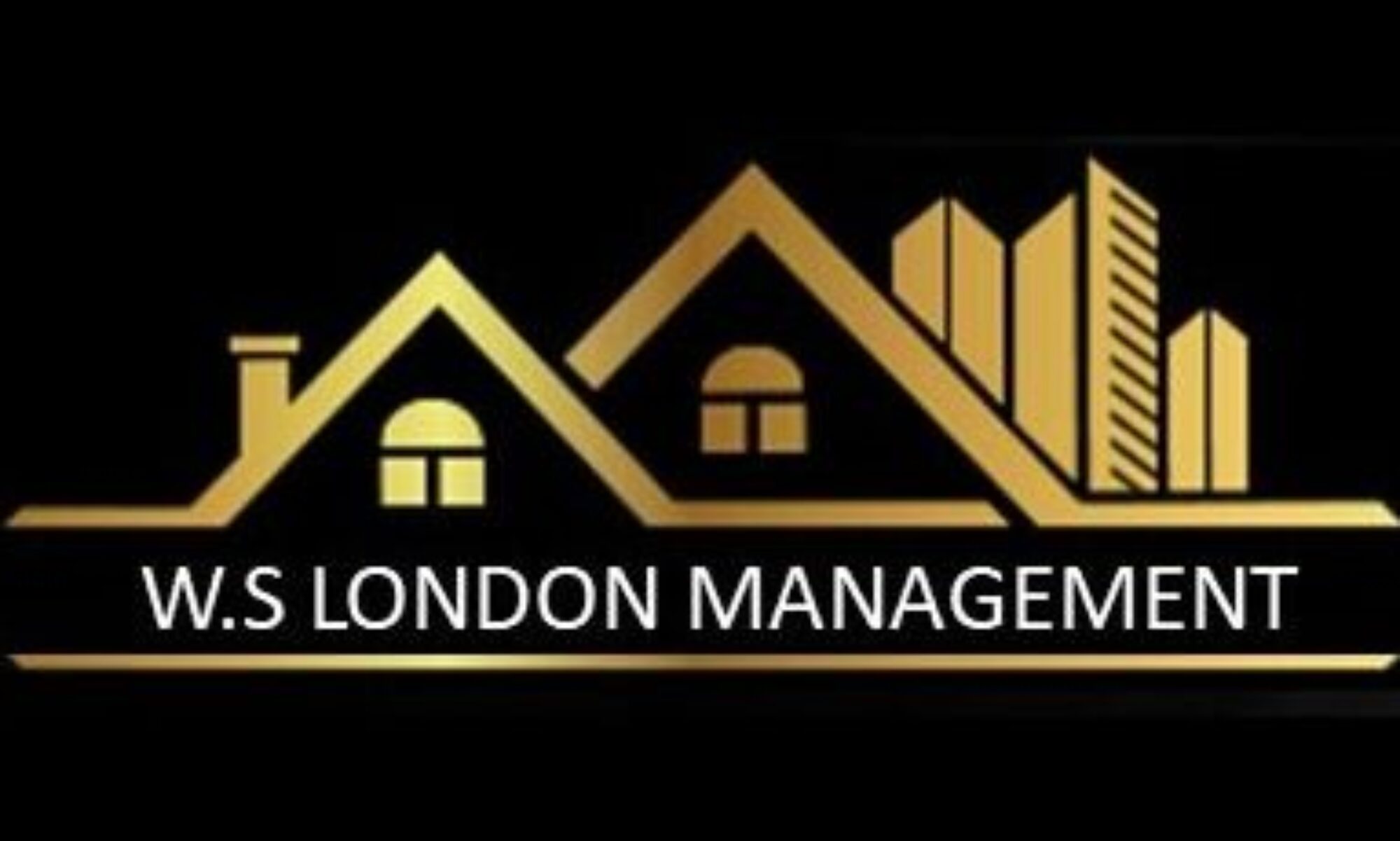In recent years, technology has emerged as the cornerstone of transformation, reshaping how properties are bought, sold, managed, and experienced in Central London.
The fusion of cutting-edge innovations with the traditional real estate domain has not only streamlined processes but also opened new dimensions of accessibility, transparency, and efficiency.
In this article, we’ll take a deeper look at the growing role evolving technology has on the London property market.
Like with most areas of modern society, technology has made significant leaps and bounds in the Central London property market. It has paved a road of deeper transparency, expanded the ease of identifying prospective homes to purchase and amplified how we engage with the entire market and process.
The roots of property transactions in Central London were deeply entrenched in traditional practices — reliant on paper-based records, physical tours, and local expertise. However, the emergence of technology marked a seismic shift in these conventional methodologies.
The recent COVID-19 pandemic further heightened the reliance on technology over the traditional methods, and has seen a radical transformation in operations with regards to the Central London property market
It makes the property industry more efficient, smarter, accessible, transparent and also sustainable.
Key Milestones Shaping London’s Property Market Technology
- Digitalisation of Listings: The transition from physical listings in newspapers and window frames to online databases transformed the accessibility of property information.
- Property Portals and Listing Aggregators: Platforms like Rightmove and Zoopla undoubtedly revolutionised property search, offering comprehensive databases accessible to both buyers and sellers.
- Digital Imaging and Virtual Tours: The integration of high-quality imagery and virtual tours redefined property exploration, offering immersive experiences from anywhere in the world.
- Data-Driven Insights: The advent of analytics provided valuable market trends, empowering informed decision-making for investors, agents, and buyers alike.
This sudden infusion of technology into the Central London property market introduced a notable and dynamic change. The real-time data availability reduced information asymmetry, empowering all stakeholders involved in a property transaction.
The empowered search functionality of finding property portals is perhaps one of the most notable changes introduced by technology. It allows users to have a firm filter control over exactly what they’re looking for. If prospective buyers want to focus on certain features, like the number of bedrooms, pricing, garden availability or even parking then they can do that. It plays a significant role in buying a property in modern times.
The growth in visual technology also plays a substantial part in property technology, with agents clambering to have the latest assets to showcase properties in the best imaginable light. High-end photography through easy-to-use DSLR cameras is now commonplace, whilst 360-degree virtual tours using specific equipment and programs are also now a trend — this allows prospective buyers to truly discover a property without even needing to leave the comfort of their sofa.
Tech Trends Reshaping the Industry
Even with recent technology shifts in the Central London property market, there is still no sign of slowing down when it comes to innovation. New, improved and radical ideas are still shaping it as we move into the future. These include:
Blockchain and Smart Contracts
- Secure Transactions: Blockchain’s decentralised nature is ensuring secure, transparent, and tamper-resistant property transactions. Whilst this is far off becoming commonplace due to the overall lack of users invested in blockchain, the very notion it exists as an option for the property industry shows a large embrace of modern practices and technology.
- Smart Contracts: Automating contract execution reduces reliance on intermediaries, expediting the closing process while enhancing trust.
Artificial Intelligence (AI) and Machine Learning (ML)
- Personalised Recommendations: AI algorithms analyse preferences to offer tailored property suggestions, saving time for buyers, agents and investors — especially during the due diligence stage.
- Process Automation: ML streamlines repetitive tasks such as paperwork processing which enhances operational efficiency for certain property companies
Internet of Things (IoT) in Property Management
- Smart Homes and Buildings: IoT devices enable remote property monitoring, energy management, and enhanced security, contributing to a futuristic living experience.
- Data-Driven Maintenance: Real-time data from IoT sensors facilitates predictive maintenance, reducing costs and enhancing property value.
Sustainable and Green Technologies
- Energy Efficiency: Integration of sustainable technologies like solar panels, energy-efficient appliances, and green building materials aligns with London’s focus on sustainability.
- Smart Energy Management: IoT-driven systems optimize energy usage, reducing carbon footprints and operational costs.
Augmented Reality (AR) and Virtual Reality (VR)
- Immersive Property Viewing: AR and VR technologies offer realistic virtual tours, enabling remote buyers to experience properties in-depth without physical visits.
- Design Visualisation: Architects and developers use AR/VR to showcase proposed projects, aiding in visualisation and decision-making for interior design or bringing architectural plans to life.
These trends not only augment the current real estate landscape but also foreshadow the direction of Central London’s property market, emphasising transparency, efficiency, sustainability, and enhanced user experiences.
Forecasting the Future Technological Trajectory
Based on the emerging and growing trends that are shaping the Central London property market, the future holds exciting prospects and opportunities for the industry:
- Firstly, advancements in AI and VR evolution is likely to transcend beyond their current applications. More sophisticated algorithms will emerge for property valuations, risk assessment, and market predictions. This advancement will empower investors and agents with highly accurate and reliable insights that makes conducting due diligence much easier.
- When it comes to VR, enhanced immersive experiences will allow potential buyers to continue virtually walking through properties with heightened realism, enabling more informed decision-making without physical visits.
- Of course, the focus on sustainability will intensify as we continue our pledge to protect the planet. Green technologies will be deeply ingrained in property development and management practices, influencing buyer decisions and regulatory compliance.
- And whilst not as publicly visible in terms of technical transformation, I believe the changes that Decentralised Finance offer, such as smart contracts and blockchain technology, can have a significant impact on the way we handle transactions. This has the real power to generate further efficiency in one of the slowest moving stages of purchasing a property in Central London, but will be pinned on the courage of those to take the leap to try it.
- This imminent evolution in real estate technology represents not just a progression but a revolution in the way Central London’s property market operates, interacts, and evolves in the years to come.
As with all sectors, keeping track and leveraging emerging or growing technology is crucial to staying ahead of the curve.
If you would like to know more about the emerging technologies in the Central London property landscape, and how it could affect you and your properties, transactions or business, get in touch with us.




